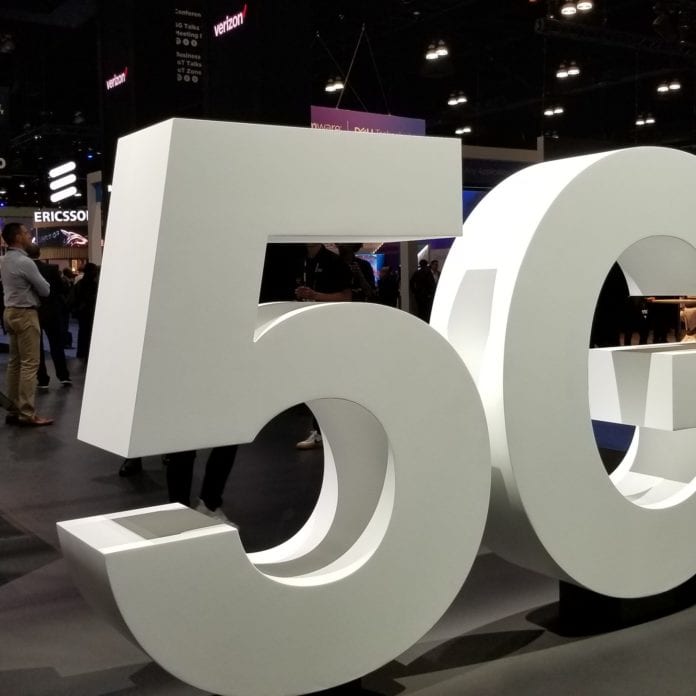As New Year’s Eve and Verizon’s self-imposed deadline for having 30 cities on its 5G “nice” list approaches, the carrier is doling out 5G launches left and right.
Verizon has decked the halls with fresh 5G in six new cities: Miami, Florida; Charlotte and Greensboro, North Carolina; Salt Lake City, Utah; Spokane, Washington; and Grand Rapids, Michigan. Earlier this week, Verizon gave early 5G Christmas presents to Los Angeles, California; Memphis, Tennessee; Hoboken, New Jersey and Des Moines, Iowa.
The carrier says it has seven devices in its line-up that support its 5G service, dubbed 5G Ultra Wideband. Service areas are limited, however, with the carrier relying on its millimeter wave holdings to establish 5G coverage and high speeds.
According to coverage information provided by Verizon, it has focused on providing 5G at stadiums and other large venues, shopping centers, hospitals, universities and student housing, downtown areas, airports and other local landmarks in each of the launched markets. Detailed coverage maps are not yet available for all of the carrier’s launched 5G cities.
Still on the carrier’s list of “coming soon” 5G cities are Cincinnati, Cleveland, and Columbus, Ohio; Kansas City; Little Rock, Arkansas and San Diego, California.
Verizon launched its first mobile 5G cities in April of 2019.
In related news, Verizon is also bolstering its 28 GHz millimeter wave spectrum holdings with two acquisitions. As noted by Allnet Insights, Verizon recently filed information about acquiring 28 GHz Local Multipoint Distribution Service spectrum held by Sunshine LMDS in the Florida panhandle and its borders with Alabama and Georgia; and the Virginia Tech Foundation around the Virginia/North Carolina border. This follows on other 28 GHz regional spectrum acquisitions by Verizon earlier this fall.

